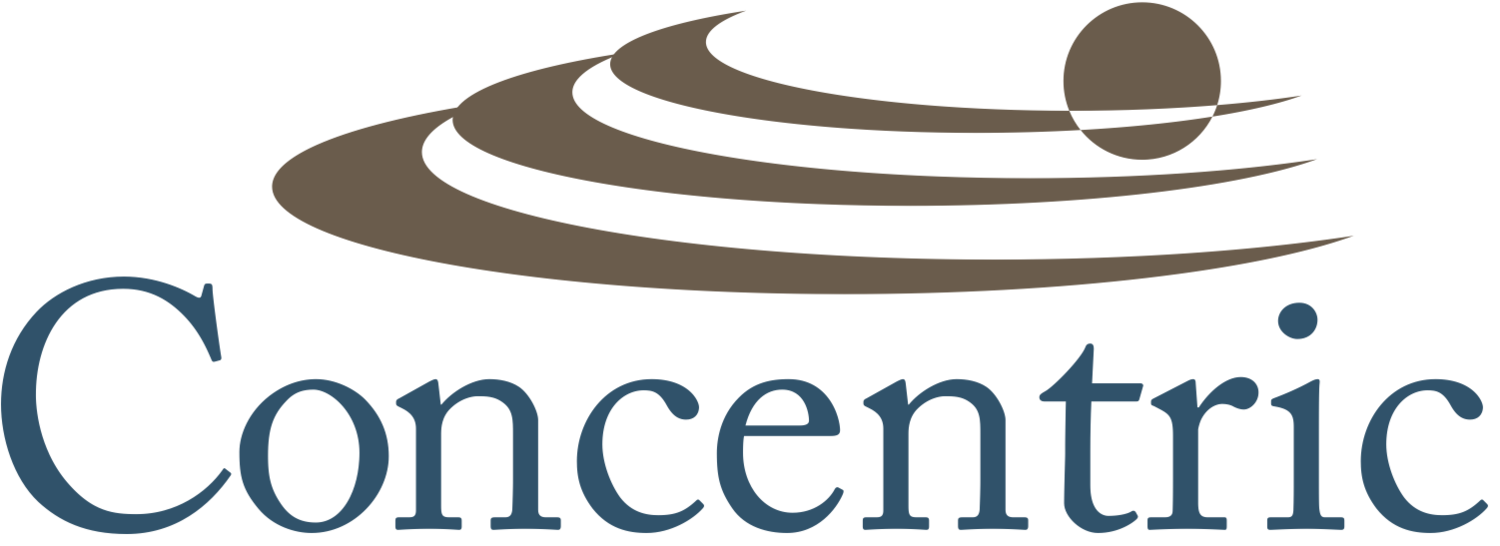Tips On Preparing for an Audit
UPDATED 2/27/23: As subscribers to our blogs, most of you have probably spent time on one if not both sides of the auditing table. Audits are a required step within any management system implementation program.
Management system compliance “coordinators” - previously referred to as “management representatives” - you will be working with several functions within the company to implement new processes, documents, training programs and other significant changes to how the business is ran.
Example of what auditors are looking for in an ISO 9001 audit
Prior to being audited by an external provider (i.e. certification body 3rd-party auditors), you must do your own internal auditing and preparation to test systems, processes and work activities to ensure you are doing the absolute best you can to protect the customer and your own internal business interests (i.e. safe practices, reduced costs, better throughput, etc.). In short, your organization is rolling out the best way to work, then testing out those plans through internal audits to ensure you're prepared for external auditors to come in and do the same thing.
The job of an internal auditor is to find issues before the customer and external auditors find them. One of the jobs of a management system coordinator and/or audit program manager is to develop an audit team to successfully spot risks, opportunities for improvement, identify nonconformities and, in short, make the company better.
To help you be better prepared for audits, we have created a few questions or requests that you may encounter during and internal or external (3rd-party) audit that can be shared with your team.
Q: Can you show me what you’re doing?
A: Sure. What would you like to know? (Auditors will typically want you to demonstrate work steps while looking for risks, inefficiencies, potential mix-ups, etc.)
Q: How do you know the difference between a good part and a bad part?
A: We have documents [standard work, quality standards, checklists, specifications, etc.] that define customer specifications.
Q: Do you know the Quality Policy?
A: Yes. It is... (Some auditees recite the policy, although memorizing it is not required. What the auditor really wants to know is how the policy pertains to your job/work.)
Q: How do you know if your process is performing as expected? (It may be phrased as “How do you know you’re doing a good job or not?” although the audit is reviewing the process and not individual performance.)
A: We have documented work instructions, standard work, checklists, etc. that clearly define specifications.
Q: What do you do when you receive material without a label?
A: We treat it as if it is nonconforming, label it with a Product Hold Tag and move it to the NCM area until we can get clarification on what the product status is.
Q: If you notice something is incorrect on the documentation provided, what do you do?
A: If a work instruction, procedure, checklist or other process documentation is incorrect, we immediately contact the person responsible for the document details. We need to ensure we are all on the same page prior to processing the order any further.
Other tips to keep in mind during an audit:
Answer the question being asked. Do not provide more information than what is being asked.
If you do not understand a question asked by the auditor, ask him/her to repeat the question.
If you do not know the answer, it is ok to say “I’m not sure” or “I can point you to the person that would know the answer”.
Don’t be afraid to ask questions such as “How have you seen other companies do this?”
Make sure you understand posted information and data in your area as this may be of interest to the auditor.
Don’t overwhelm the auditee by showing up for the audit with a ton of auditors, observers and other members of an entourage. The auditee will be nervous enough. They do not need an audience to make the pressure even worse.
At any time, should you have any questions, ideas or concerns, bring these to the attention of your management system coordinator or audit program manager. If you do not know who this is, contact your site leader and ask. You are also welcome to reach out to us as well. We have been on both sides of the table and are here to support a success auditing outcome.


